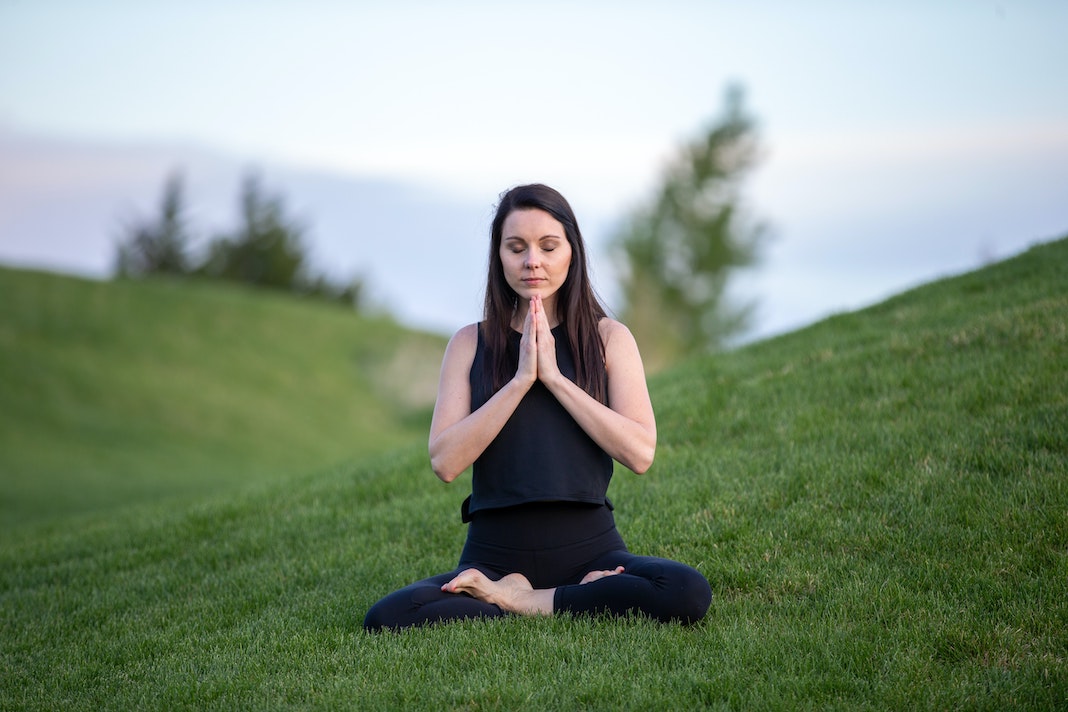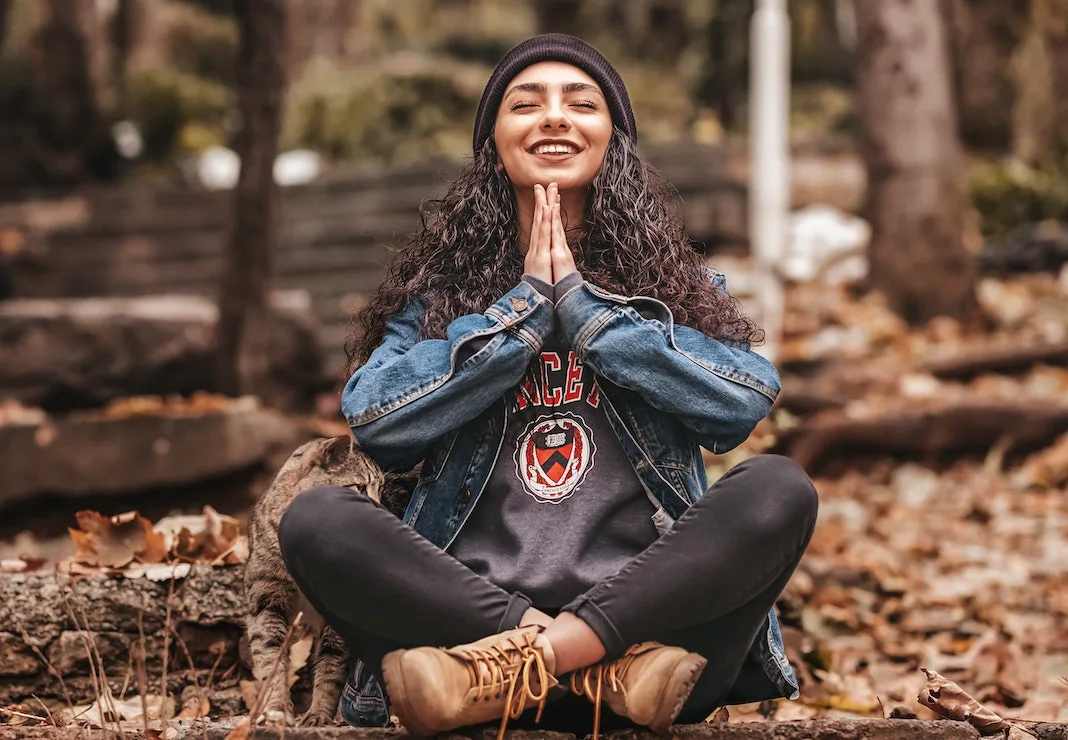If you feel the pressures of life, prioritize mental health and stay calm and energized. The key to achieve this is through medication. This practice has been present for several years. Today, everyone is using meditation to reduce stress and relax. In addition, it can lead to a reduction in psychological distress such as anxiety, depression, and stress.
Meditating can be confusing to anyone trying for the first time. While anyone can do the practice, sometimes people fail because it requires dedication. The practice entails sitting quietly for some time to clear your mind, regulate your breath and focus your thoughts. Here are several ways to practice meditation and become an expert. They should help you get started with the practice and keep going.
#1 Start early
Always choose a time to meditate and stick to it. It is always better, allowing you to focus your mind on the tasks ahead and be ready. When you schedule a time to meditate, it becomes easy to establish the habit and do it each day. Therefore, choose a time to meditate and train the body and mind to transit into meditation when the time arrives efficiently. However, don’t go into meditation with expectations to solve all your life’s problems. It takes effort and time to reap the benefits.
#2 Choose A Mantra
While you don’t need a motto to meditate, you can use it as a tool to help your mind stay in the meditation practice. It anchors your mind during meditation to ensure your thoughts do not wander. You can create your mantra and repeat it during all the sessions. For example, you can create sharpness around your mind with some puzzle games. Mantra meditation allows you to control the thoughts and feelings around a central idea and set intentions based on your goals.
#3 Start with a few breaths
Follow your breath sensation as it goes in and out. Meditation is like weight training; begin with lighter weights and work up to more. As a beginner, start with taking a few breaths within a 10 or 15 minutes session. These brief sessions of mindful meditation can help prevent your mind from wandering. After you are used to the practice, start increasing the session length. For example, slowly reintroduce movement after meditation.
#4 Get Comfortable
Image source: https://unsplash.com/photos/rOn57CBgyMo
Create a designated space that is comfortable to meditate on and set it aside. Don’t worry about where to sit or how to sit; only focus on getting comfortable. You can sit in any position that is comfortable and allows you to meditate. Choosing a space to meditate can help train the body and mind. Avoid all noise and distractions and get your mind in the right place for the meditation session.
#5 Be kind to yourself
When meditating, be kind to yourself and avoid pushing too hard. You may think you are doing it wrong the first time and feel like giving up. However, it is okay to feel inadequate after the first session since you need time to perfect it. It is also okay to fall asleep during meditation as there are many ways to learn. Some sessions may be more difficult than others, but you are not obliged to be perfect. The best thing about meditation is to practice patience and relax.
#6 Evaluate your energy
Long-term consistent meditation can increase your resilience to stress. During the practice session, focus on how you are feeling in the moment. For example, if you feel low on energy, assess all the factors draining it by focusing your thoughts. For example, consider what is causing you to lose sleep and what you can do to reduce the problem.
#7 Practice gratitude
Always start your meditation on a positive note by thinking about things you are grateful for in life. The first step to successful meditation is to look at beauty in the world. It will help purify your mind and clear all tensions. During the sessions, focus your attention on the things you love about life. Use gratitude to reduce all the opposing viewpoints and boost your energy levels. Also, clear your mind of all the negativities and focus on achieving your fulfillment.
#8 Breathe deeply
If you are a beginner, the best meditation technique is to focus all your attention on breathing. Concentrate on listening and feeling as you inhale and exhale, deeply and slowly. Then, whenever your thoughts wander, return your focus on breathing. Meditation involves focusing on your breath while reflecting on your life. Think about letting some issues go as you start a new day on a clean slate. It’s also vital that you count breaths.
#9 Scan your body
 Image source: https://unsplash.com/photos/Yui5vfKHuzs
Image source: https://unsplash.com/photos/Yui5vfKHuzs
Take a moment during meditation to focus on each part of your body, one part at a time. For example, start by looking at your feet, move your ankles, waist, and chest to the top. Examine how each part of your body feels, whether it is pain, tension, or relaxation. Meditation is based on the body scan exercise as you try to release some muscle tension. You can scan your body by lying down and notice if any part of your body is tense, then try to soften it by relaxing your muscles.
Meditation is a centuries-old practice of awakening the hidden forces of the personality and finding healing solutions for the mind and body. Currently, meditation is largely been practiced to relieve stress and overcome anxiety, and to relax.
Similarly, the notable effects of the Kratom strains include better mood, focus, and concentration, increased motivation, happiness, optimism, and energy boost while providing relief from pain, stress, and anxiety. Sunday Scaries CBD benefits in Meditation.
#10 Acknowledge your emotions
Meditation can bring up good and bad emotions in equal measure. Therefore, it is better to recognize your emotions during meditation, such as how you feel and the quality of your mind. As you settle in the meditation session, consider how your body is feeling. For example, smile when you are done and be grateful for the gift of life.
The Bottom Line
Meditation can be what you need to become more peaceful, focused, and appreciative of everything in life. It can improve your mental and emotional health by producing a deep state of relaxation. However, meditation is not always easy. Therefore, you need to take a step back and assess your progress by examining how you feel between the sessions. If you are new to the practice, try guided meditation apps to help you start and adapt.
Image source: https://unsplash.com/photos/a5EbQpl-IHw
Thank you for visiting today! If you found this encouraging or informative, please connect with us on Instagram or TikTok. Sign up for our monthly newsletter for updates and more. We promise we won't spam you! Feel free to unsubscribe anytime. If you're a brand and want to work with us, please visit this page to get in touch.


